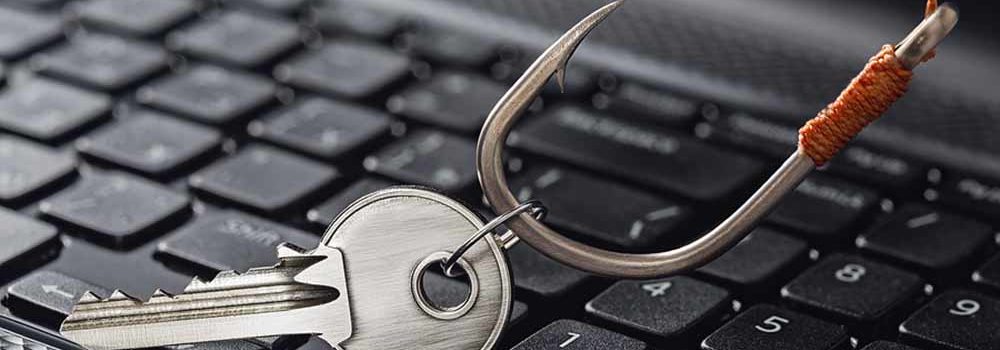IRS Warns About a New Tax Scam. The Target? Tax Pros.
Tax scammers aren’t just going after small businesses anymore. They also have their sights set on tax professionals, whose Electronic Filing Identification Numbers (EFINs) are the target of a new tax scam.
You’re likely aware of the most popular tax scams. Whether it’s pretending to be the IRS or claiming they can get you an outrageous return, most criminals are out to get your average taxpayer. But some tax scammers are going after bigger fish: actual tax professionals and their valuable information.
In fact, one such scam has recently caught the eye of the Internal Revenue Service, who deemed this threat important enough to warrant a warning to the accounting community.
The EFIN Tax Scam
The IRS has issued a warning about a new phishing scheme in which scammers send emails trying to steal tax professionals’ Electronic Filing Identification Numbers (EFINs).
Every tax professional who files tax returns electronically on behalf of others needs an EFIN. Tax preparers must complete an IRS e-file application and pass a suitability check to receive that number.
This new EFIN tax scam involves phishing emails, which scammers send out to tax professionals. Their goal is to get the pros to disclose their EFINs, as well as other valuable personal information. They can use this info to pretend to be tax professionals and scam taxpayers.
What to Look Out For
The fraudulent email will come from “IRS Tax E-Filing” with the subject line “Verifying your EFIN before e-filing.” The email itself will look like this.
In order to help protect both you and your clients from unauthorized/fraudulent activities, the IRS requires that you verify all authorized e-file originators prior to transmitting returns through our system. That means we need your EFIN (e-file identification number) verification and Driver’s license before you e-file.
Please have a current PDF copy or image of your EFIN acceptance letter (5880C Letter dated within the last 12 months) or a copy of your IRS EFIN Application Summary, found at your e-Services account at IRS.gov, and Front and Back of Driver’s License emailed in order to complete the verification process. Email: (fake email address)
If your EFIN is not verified by our system, your ability to e-file will be disabled until you provide documentation showing your credentials are in good standing to e-file with the IRS.
© 2021 EFILE. All rights reserved. Trademarks
2800 E. Commerce Center Place, Tucson, AZ 85706
What to Do
The IRS says tax professionals should not provide the requested documents and information. Nor should they reply to the email. They also should not open any attachments, as they “may contain malware that allows the thief to track keystrokes and eventually steal all passwords or take over control of the computer systems.”
Instead, tax pros who are targeted by the EFIN tax scam should instead save the email as a file, then send it as an attachment to phishing@irs.gov. They’re also advised to notify the Treasury Inspector General for Tax Administration at tigta.gov.
McManamon & Co. is always on the lookout for suspicious communications. But we’ll gladly take the helping hand the IRS has extended by flagging this scheme for the accounting community.
Looking for assistance this tax season? Call us at 440.892.8900, or contact us online.
Tags: McManamon, McManamon & Co., tax scams, taxes | Posted in McManamon & Co., taxes
